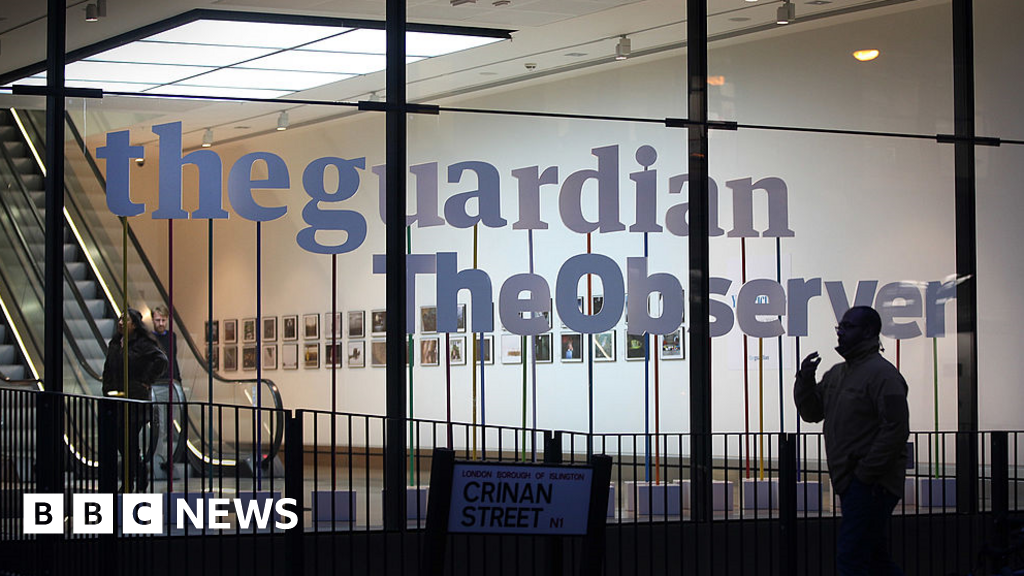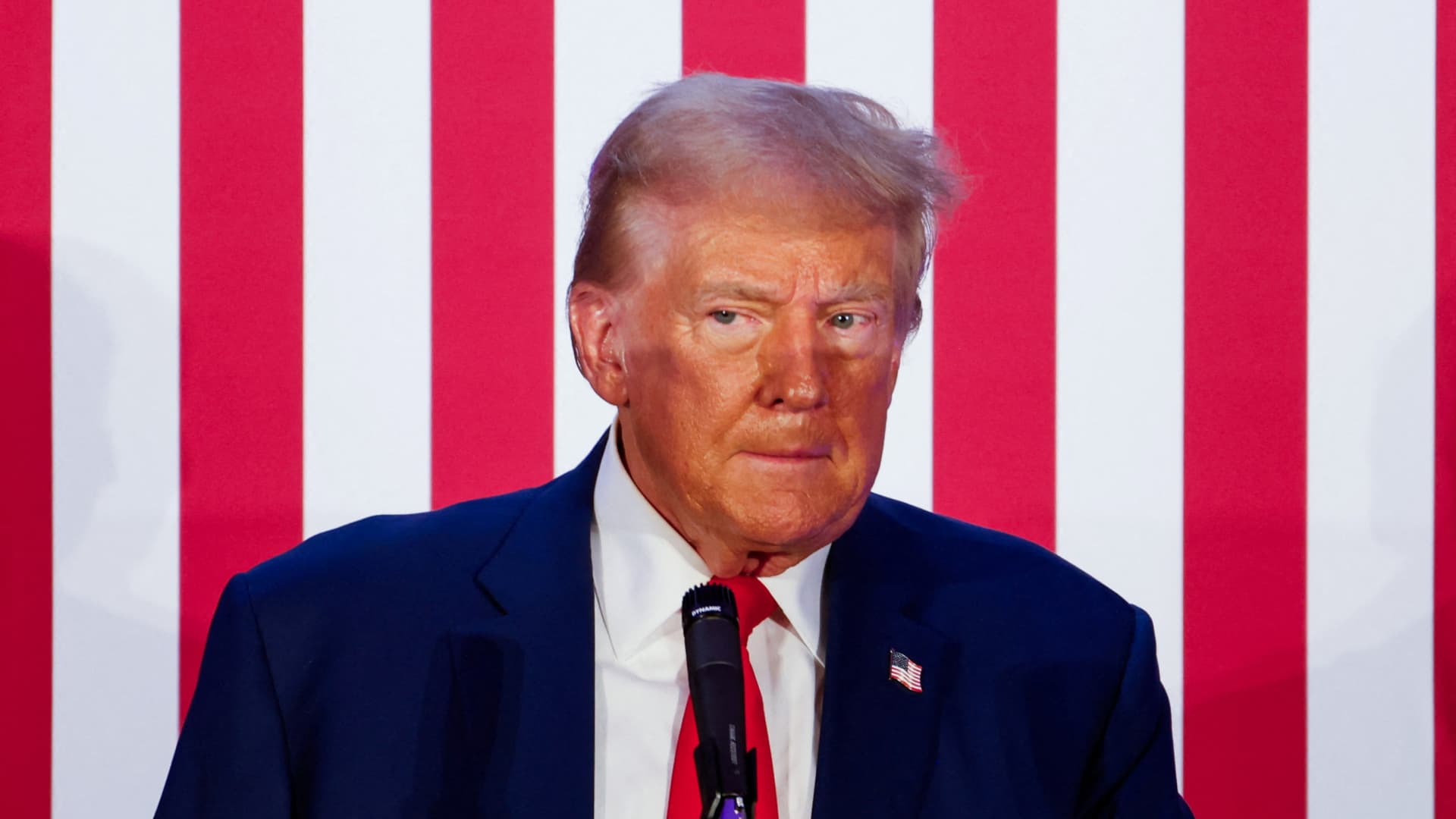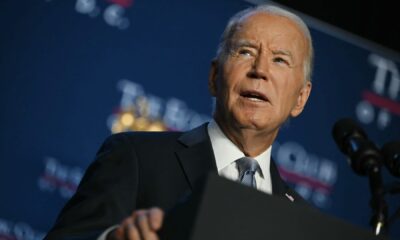Israel and Hizbollah ratcheted up their exchanges of fire on Sunday, with Israeli jets mounting some of the heaviest bombing raids in Lebanon since the start of the fighting last year, and the militant group firing rockets towards the city of Haifa.
The salvos capped a week of spiralling cross-border tensions that have fuelled fears that the hostilities between Israel and the Lebanese militant group could be on the verge of erupting into a full-blown war.
The Israeli military said Hizbollah had launched about 115 projectiles early on Sunday, with rockets aimed deeper into Israel than in previous salvos. While most were intercepted, Kiryat Bialik and Tsur Shalom in Haifa’s suburbs, and other areas in the country’s north, sustained hits.
Hizbollah said the barrages were in retaliation for “repeated” Israeli attacks, as well as an “initial” response to mass detonations of its communications devices earlier this week that killed 37 people and injured more than 3,000 in multiple locations across Lebanon.
Hizbollah has blamed the explosions on Israel, which has not directly commented.
Israeli paramedics said they had treated several people for shrapnel injuries from Hizbollah’s barrage, but there were no immediate reports of casualties.
But in a sign that Israel was bracing for a further escalation, authorities limited gatherings in the north of the country. They also told schools to close and hospitals to operate from facilities with protection against rocket fire.
As tensions boiled across the region, Israel said it had shot down a drone fired from the east — which was claimed by militants in Iraq who said they had also targeted Israel with cruise missiles — and launched a raid in the Palestinian city of Ramallah to close down the local Al Jazeera office. Israel has accused the media group of being a mouthpiece for militants. Al Jazeera has rejected the claims.
Nadav Shoshani, a spokesman for Israel’s military, accused Hizbollah of “targeting civilians” in its latest round of strikes, and the military said it would continue to strike to degrade the Lebanese group’s capabilities.
The Israeli military earlier on Sunday said it had hit about 290 targets in Lebanon in the preceding 24 hours, destroying thousands of rocket launcher barrels and other infrastructure belonging to Hizbollah.
Hizbollah and Israeli forces have been exchanging cross-border fire since the Iran-backed militant group launched rockets at Israel the day after Hamas’s October 7 attack on the Jewish state.
But in the last week, the hostilities have escalated dramatically. On Tuesday and Wednesday, the attack on Hizbollah’s pagers and other communications devices sent shockwaves through Lebanon.
Then, on Friday, an Israeli strike in Beirut killed Ibrahim Aqil and other senior commanders in Hizbollah’s elite Radwan force, in arguably the most damaging blow Israel has struck against the militant group since it was founded in the 1980s.
Lebanese authorities said on Sunday that the death toll from the strike, which destroyed a residential building in the Beirut suburb of Dahiyeh, had risen to 45, including at least 10 civilians, among them three children.
This week’s escalation came after Israel said it was entering a “new phase” of its almost year-long conflict with Hizbollah, which has until now been largely contained to the Israeli-Lebanese border region.
Jeanine Hennis, the UN’s special co-ordinator for Lebanon, warned that the exchanges had brought the region to “the brink of an imminent catastrophe”, and called for both sides to de-escalate.
“It cannot be overstated enough: there is NO military solution that will make either side safer,” she wrote on X.






























































































































You must be logged in to post a comment Login